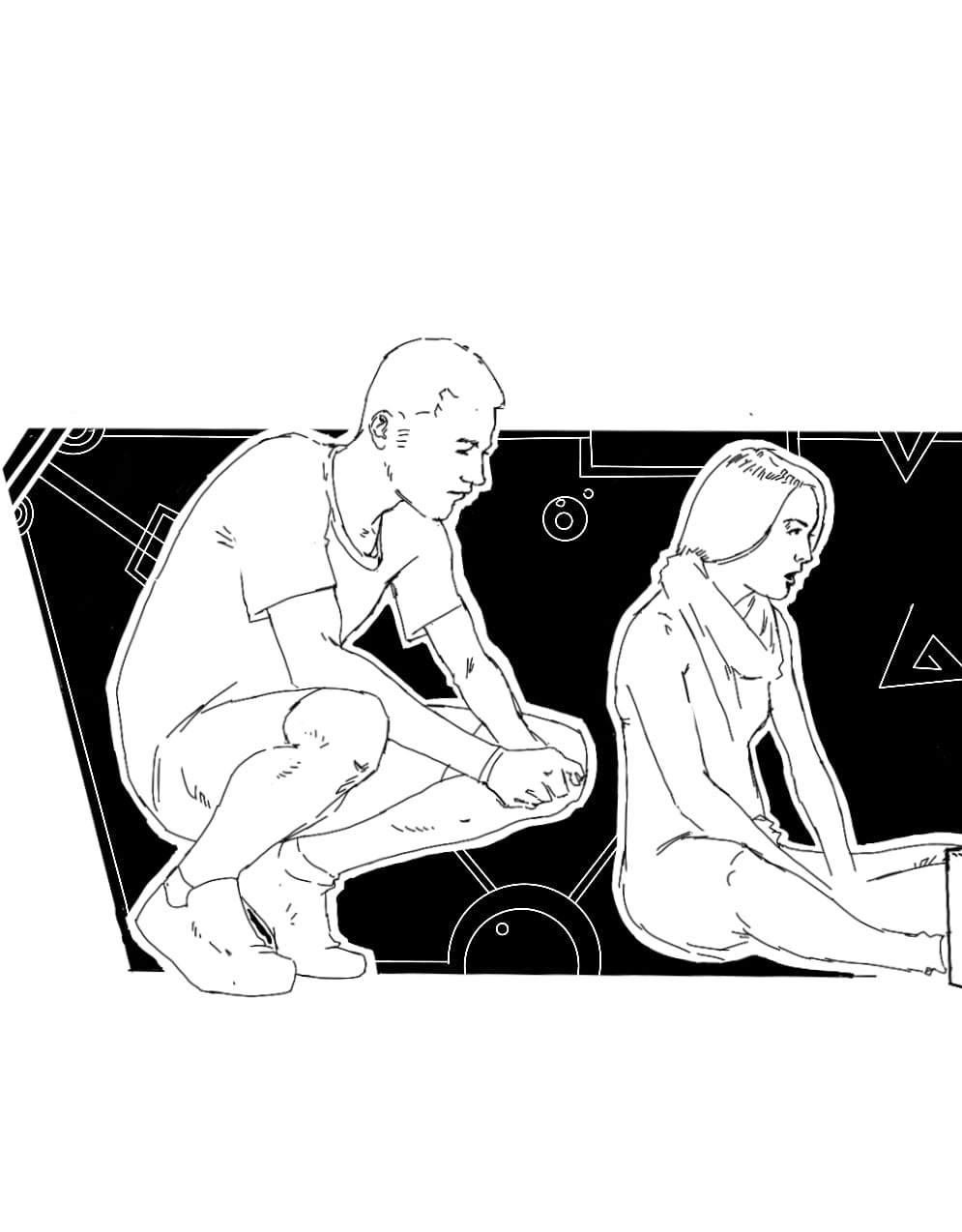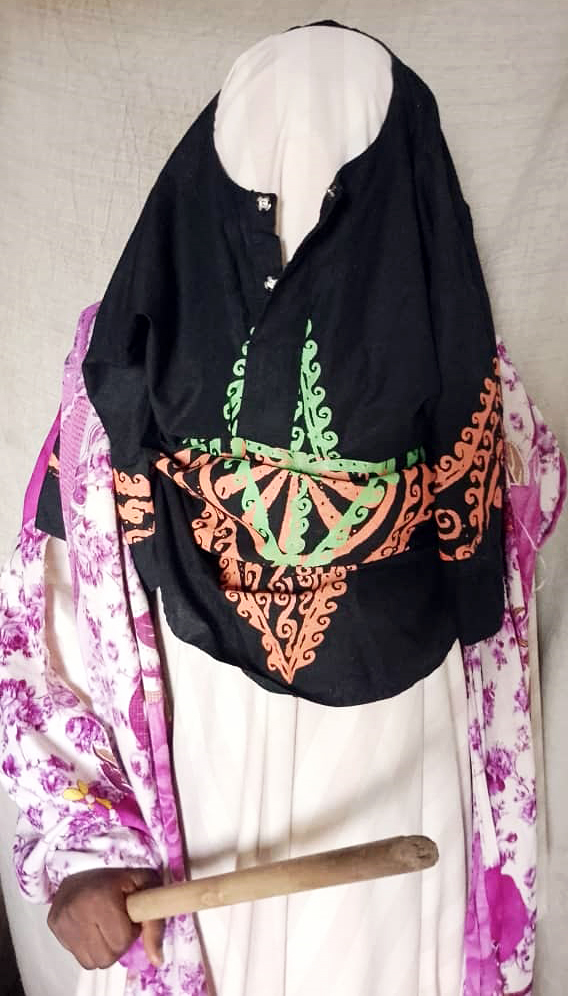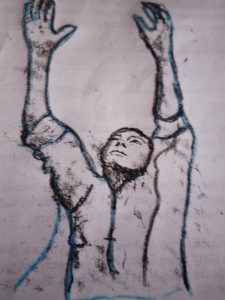
Credit Black Campus Magazine / Adetunji Faleye
Once upon a time, in the tranquil village of Awotedo located between lush hills and flowing rivers, there existed a revered tradition—the passing of the chieftaincy title from one generation to another.
The air was thick with anticipation as two prominent families, the Adebayos and the Adekunles, found themselves entangled in a fierce battle for the coveted position.
The Adebayos, known for their legacy of wise leaders, had held the chieftaincy title for decades. However, the Adekunles, a family equally esteemed for their courage and resourcefulness, believed it was time for a change.
The story unfolded when Chief Adeyemi Adebayo, the ageing village chief, announced his impending retirement. The entire village gathered in the central square to witness the passing of the sacred staff—the symbol of leadership. Whispers filled the air as both families eyed the coveted title.
Chief Adeyemi, a man of great wisdom, sensed the tension between the two families. To ensure a fair selection process, he proposed a series of contests and challenges that would test not only the physical prowess but also the mental acumen and leadership qualities of the contenders.
The contests ranged from wrestling competitions to debates on village policies. Each family selected their champion to represent them. For the Adebayos, it was Adeolu, a respected elderly person with a sharp mind. The Adekunles chose Adeyinka, a skilled warrior with a heart as strong as his sword.
As the contests unfolded, the entire village became a battleground of skills and wit. The wrestling competition saw Adeolu’s agility against Adeyinka’s strength. The debates also showcased Adeolu’s eloquence and Adeyinka’s practicality. The village, once united, found itself divided into passionate supporters of either family.
However, as the challenges progressed, the families began to realize that the true strength of Awotedo lay in unity. Chief Adeyemi, observing the growing animosity, called for a meeting between the families. He reminded them of the importance of preserving the village’s traditions and the need for harmony.
Touched by the chief’s words, the Adebayos and Adekunles agreed to set aside their differences and work together for the betterment of Awotedo.
In a surprising turn of events, they proposed a joint leadership, with Adeolu and Adeyinka serving as co-chiefs, symbolizing the unity of the village.
The decision was met with cheers and applause from the villagers. Awotedo prospered under the joint leadership, as the families collaborated to bring about positive changes and ensure the traditions were upheld.
The once-divided village found strength in its unity, teaching future generations the value of cooperation and shared leadership.
And so, in the heart of Awotedo, the chieftaincy title became a symbol not of rivalry but of the enduring bond that held the village together—a testament to the power of unity and shared purpose in the face of competition.
What is your thought about this?
Kindly like, comment, follow and share.





















